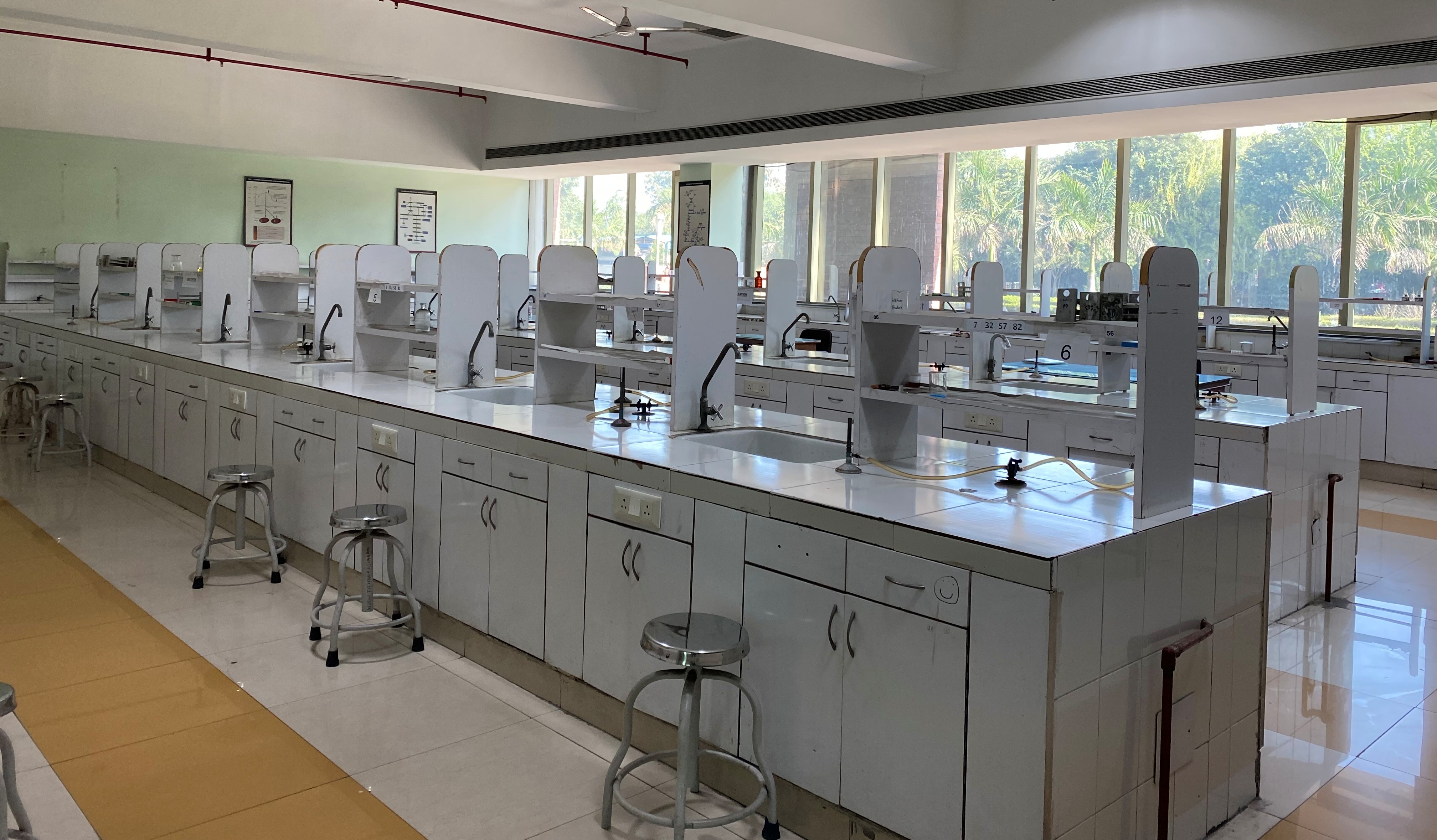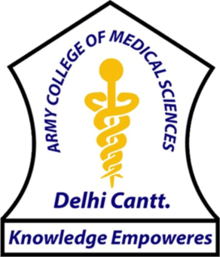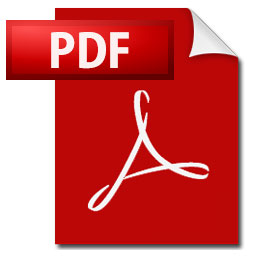Sign up as a User
Sign In
Don't have an account?
Sign up as a User
Biochemistry
Introduction
Biochemistry is a preclinical subject in the MBBS curriculum. Biochemistry is concerned with methodology and interpretation of a wide range of in vitro chemical and biochemical tests performed on body fluids and tissues, to support diagnosis, treatment and monitoring of disease. The students use basic conventional techniques and instruments to perform biochemical analysis relevant to clinical screening, diagnosis and interpretation of results. Our mission is to impart best knowledge of the subject for correct diagnosis and prognosis of the disease and to inculcate interest in students for research. Frequent assessments are conducted in the form of spotting, OSPE and Viva voce. Our faculty members are well versed with CBME competencies and their knowledge is frequently updated by CME cum hands on workshops on medical education and guest lectures. With implementation of CBME, this department is doing integrated teaching both horizontally and vertically involving the Departments of Medicine, Gynaecology, Paediatrics, Pharmacology, Pathology and Physiology , to improve the understanding of concepts in Biochemistry and to provide context for the learning of Biochemistry in the MBBS course.Dept is actively involved in mentor-mentee program.

ACADEMICS
The Department is actively contributing to research in the institute. The students are encouraged and motivated to take up various research projects and have bagged the ICMR STS Scholarships under the guidance of our faculty. We have also introduced OSPE based pratical exams as per CBME guidelines. New Teaching learning methods like jigsaw , snowball and flipped classroom are used to teach newer concepts. Department also offers elective training programs in clinical chemistry, endocrinology and tumour markers to undergraduate students.
TRAINING
The main purpose of performing biochemical tests by the students is to correlate disease and diagnosis with various metabolisms. By doing practicals they also learn different ways to assay different body fluids in probable outcome of a particular disease. The final interpretation of the results of biochemical investigations should be in total context of the disease process.

 Faculty Details
Faculty Details